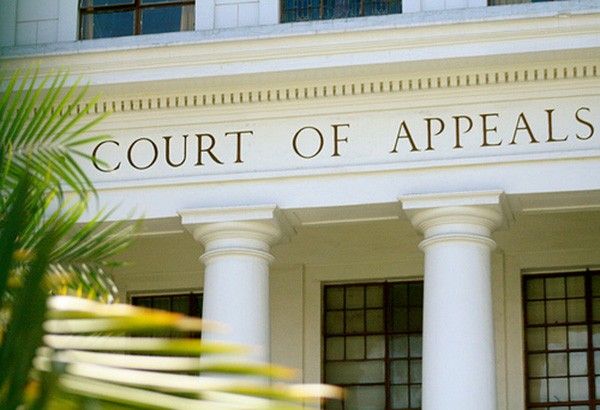Marcoses can be sued for damages, CA rules

MANILA, Philippines - The Court of Appeals (CA) has given its go-signal to a Makati court to hear a class suit filed by alleged human rights victims against heirs of the late strongman Ferdinand Marcos.
Saying they had suffered under the Marcos regime’s martial law, the petitioners are seeking enforcement of the $2-billion damages that a US court awarded to them 20 years ago.
In a three-page resolution released yesterday, the CA’s special 13th Division junked the bid of the Marcos heirs to stop Makati Regional Trial Court (RTC) Branch 134 from hearing the complaint that former Commission on Human Rights chair Loretta Ann Rosales filed last year on behalf of other martial law victims.
Rosales and her group lodged a class suit in the US over 20 years ago.
The CA faulted the Marcos family for their failure, within the 60-day prescribed period under court rules, to challenge a May 2016 RTC ruling that gave due course to the group’s complaint.
The Makati court then junked the motion filed by the Marcoses seeking to dismiss the complaint. The ruling became final in August last year, giving the Marcoses until October to file the petition for review before the CA.
But instead of filing the petition, lawyers of the Marcoses filed a motion seeking extension of the 60-day deadline for filing of the petition.
They cited as reason the heavy workload they had with another case in the Supreme Court (SC) involving the controversial burial of the former president at the Libingan ng mga Bayani.
The CA was not convinced, stressing that the reglementary period cannot be extended under a standing SC administrative order.
The SC order amended Section 4, Rule 65 of the Rules of Court and deleted the clause allowing an extension of the period to file a “petition for certiorari” for compelling reasons.
“As it stands now, parties are only given an unextendable 60-day period from notice of judgment or from notice of denial of their motion for reconsideration within which to file a petition for certiorari,” read the ruling penned by Associate Justice Ma. Luisa Quijano-Padilla.
- Latest
- Trending




























